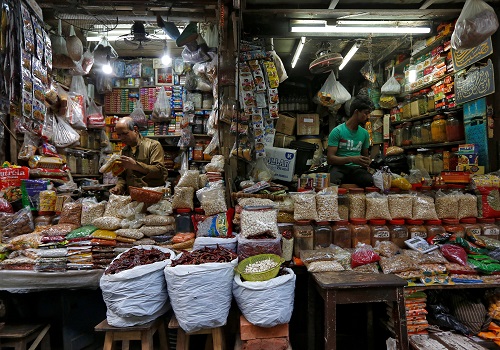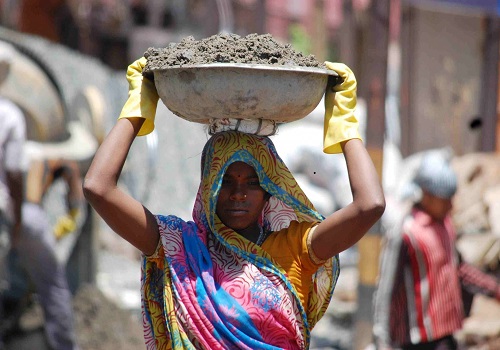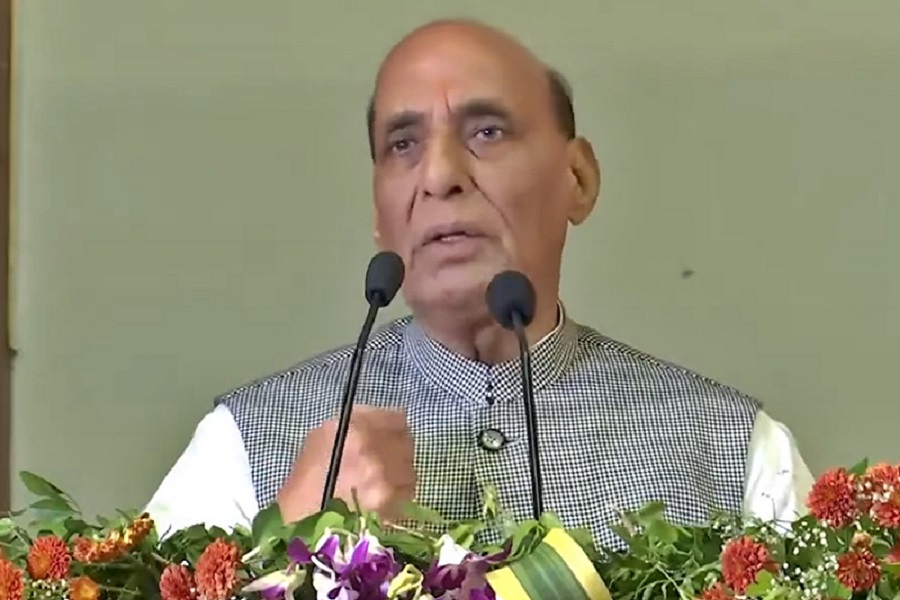Food weighting in India`s consumer price index may be cut as spending shifts - official

Food is likely to have a smaller weighting in India's consumer price index in future, a government official said on Monday, a move that could make consumer inflation less volatile after a major household survey showed lower spending on food.
Food's weighting in the consumer price index could be lowered in the next revision of the basket of goods due to be completed by next year, the official who declined to be identified told Reuters.
The government's statistics ministry did not immediately respond to a request for comment.
The government's first household consumption survey in over a decade, released at the weekend, showed that food's share of the rural consumption basket fell below 50% for the first time to 46% and to 39% for urban consumers.
Average monthly spending by rural consumers rose to 3,773 rupees ($45.54) a month per person for the 12 months through July 2023, from 1,430 rupees in the previous survey in 2011-2012. Spending by urban consumers rose to 6,459 rupees from 2,630 rupees, the survey showed.
The official did not indicate what food's revised weighting in the CPI basket might be.
Madhavi Arora, lead economist at brokerage Emkay Global, said the food weighting could be reduced to 40-41% from nearly 46% now, adding this could reduce volatility in inflation.
Retail inflation in India has remained above the central bank's target of 4% due to sharp swings in food prices. That has prevented a cut in interest rates, even though core inflation, a better measure of demand conditions, has fallen to below 4%.
Less volatility in consumer inflation could limit the need for abrupt measures to control prices, said Devinder Sharma, an independent food and trade policy analyst.
"A lower weightage for food would make the government less inclined to impose export curbs," Sharma said.
India imposed a series of export curbs on wheat, sugar, onions and most rice grades in the last two years to keep food prices under control. New Delhi also allowed duty-free imports of pulses and slashed import duty on edible oils.
Farmers are already protesting and demanding higher prices and legal guarantees for a minimum purchase price for all crops.
The government is making decisions that are anti-farmer in order to appease urban consumers, said Anil Ghanwat, president of the Shetkari Sangathana farmers union.
The government should consider the actual spending of consumers on food commodities before making such decisions, Ghanwat said.
Not all inflation volatility will ease, said Dhiraj Nim, economist at ANZ, pointing to a still high share of vegetables and fruits in the consumption basket even though the share of staples like rice and wheat has fallen sharply.























